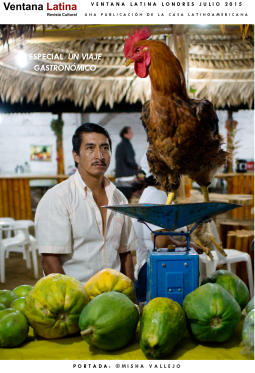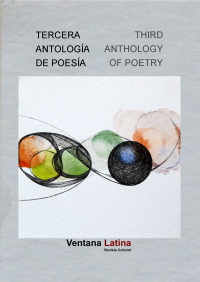Review: Pedro Almodóvar’s ‘Julieta’

Almodóvar’s twentieth feature opens with the screen filled by red, rhythmically breathing fabric, a mysterious, sensuous image full of intensity that sets the tone for the whole film. The mood breaks as the camera moves to a woman, Julieta (Emma Suarez), who is busily preparing to leave Madrid for Portugal to start a new life with her partner, Lorenzo (the Argentinian Darío Grandinetti). Following a chance meeting in the street with her daughter’s old school friend, Julieta changes her plans to break from her past and instead she embarks on a journey back and forth in time from the 1980s to the present as she writes a letter to her estranged daughter, Antía (Blanca Pares), ending the silence she has kept about Antía’s dead father. The story told by the mother to her daughter begins with the young Julieta (Adriana Ugarte) on a night train journey travelling through a dreamlike winter landscape. Dressed in 1980s movida madrileña style – peroxide blonde punky hair and Dr. Martens, the book Julieta reads, The Greek Tragedy, seems incongruous (although later we learn she is a classics teacher and loves the Greek myths). However it is this book that gives us a clue to the main theme of Almodóvar’s film: the dignity in human suffering when the pain is silent.
Almodóvar has adapted three linked short stories from the Canadian writer, Alice Munro, Chance, Soon and Silence in her 2004 collection Runaway. While his adaptation remains close to Munro he transposes all the elements of the Canadian stories into his Spanish world, converts them into a restrained and beautiful drama, and creates something that is both autobiographical (Almodóvar once said that no one should write his biography because everything is already in his films) and at the same time universal.
The atmosphere of Julieta is closer to that of the darker, more serious films of Almodóvar, like Broken Embraces (2009) and The Skin I Live In (2011). It is remote from the Almodóvar of the early post-Franco period when his outrageous comic melodramas were subversive and transgressive. That counter-cultural moment has passed and cannot be recaptured as the 2013 camp and silly I’m So Excited demonstrated. There is no humour in Julieta apart from in the character of Marian played by Rossy de Palma and the humour only lies in the contrast between the actor we may remember as one of Almodóvar’s chicas in his wildly hysterical films and this sullen housekeeper reminiscent of Mrs. Danvers from Hitchcock’s Rebecca.
The narrative of Julieta centres on women, particularly mothers and daughters and the pain that living together, loving and losing love can bring. The process of ageing is also part of the narrative and the transition from the younger to the older Julieta is magical. However this is not a film about something specific to women. The brilliance of Almodóvar is that he gets under the skin of human suffering in a way that is more universal than any particular female experience. The director also reveals more about the human condition than suffering: the love of freedom, that incredible human capacity to begin something new, to start on adventures without knowing where they will lead. There is nothing fatalistic about Julieta and in that way it is the opposite to a Greek tragedy where ultimately human destiny is in the hands of the gods. Almodóvar’s characters may not be the authors of their lives because their actions set things in motion which they cannot control but they are certainly agents who make their own choices. This is an intensely human film and it may be his best yet.
Julieta is on general release in cinemas in London from 26 August 2016.
— Stefanie Borkum








 Copyright © 2024 Company no. 6720498 10 Kingsgate Place, London NW6 4TA, United Kingdom Tel: 020 7372 8653
Copyright © 2024 Company no. 6720498 10 Kingsgate Place, London NW6 4TA, United Kingdom Tel: 020 7372 8653